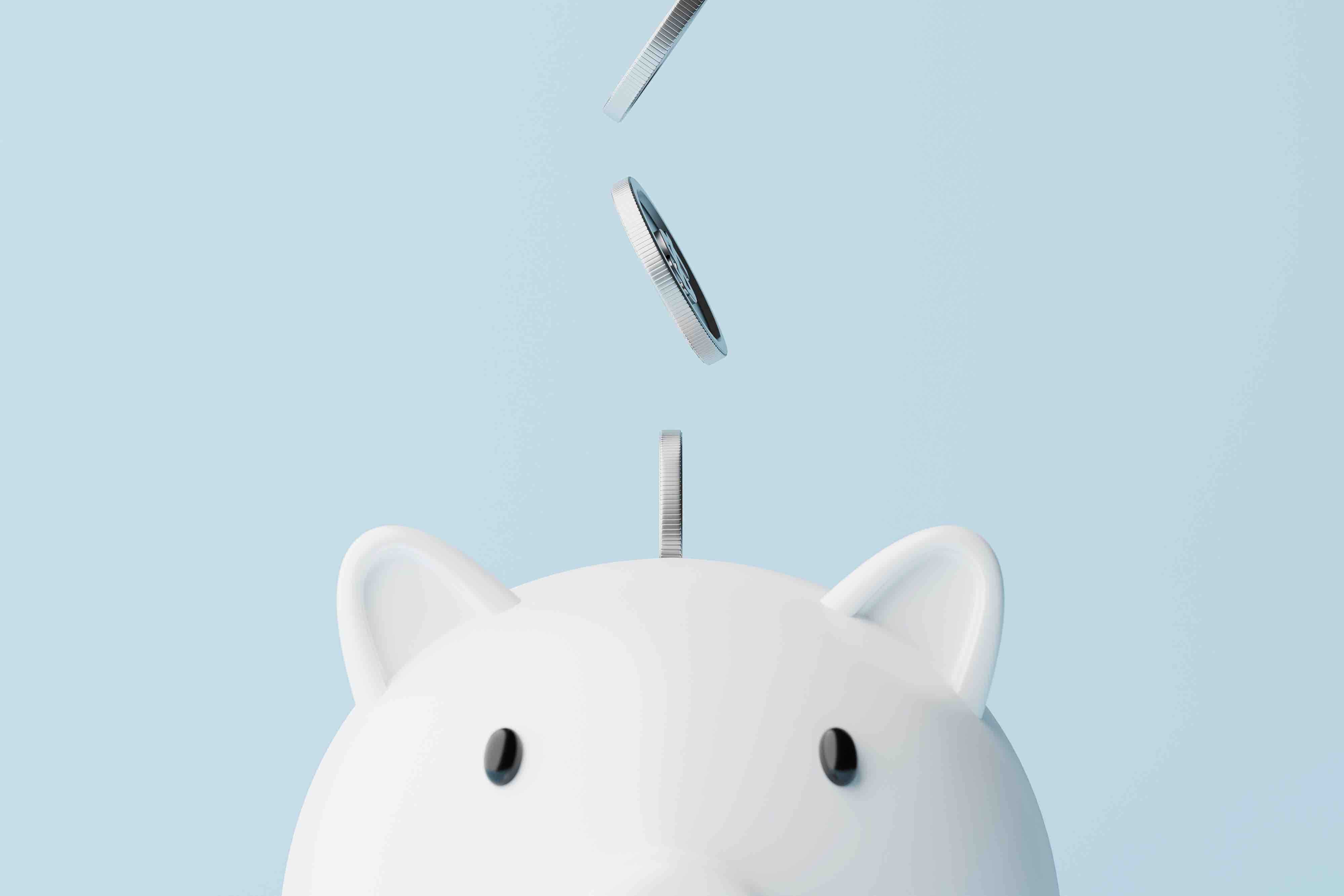How Revolving Credit and Installment Credit Impact Your Credit Score
If you’re familiar with the credit score basics, you know that payment history is one of the most heavily weighted factors that affect your credit score. But did you know that the type of credit you have is important, too?
Not all credit types are equal in the eyes of credit scoring agencies. Let’s dive into the two major categories—revolving credit and installment credit—and explore how they can influence your credit score.

What is revolving credit?
Revolving credit allows you to borrow money against an established credit limit. As long as you haven’t hit your limit, you can keep borrowing.
One of the most common types of revolving credit is a credit card. If you have a balance, credit cards require a minimum monthly payment, which is typically interest +1% of your balance. If you pay your statement balance in full each month, no interest will be charged. Whenever you pay less than the full balance, you’ll be charged interest. So while making the minimum payment may seem appealing, remember that you’re going to be paying interest on the remainder of your balance which can add up especially if your interest rate is high. The national average annual percentage rate (APR) is currently over 21%. Plus, interest on credit cards compounds, so the longer you wait to pay off the balance, the more you’ll owe in interest. An online calculator can help you see how credit card interest adds up over time.
Another form of revolving credit is a home equity line of credit (HELOC). Unlike credit cards which are unsecured, HELOCs are secured—which means your lender can foreclose on your house (the asset securing the HELOC) if you stop making payments.
What is installment credit?
Installment credit allows you to borrow a fixed amount in one lump sum; unlike a credit card, you can’t keep borrowing as you pay off your balance. Installment credit, also called an installment loan, has predetermined end dates, so you know when you’ll be done with the payments. Mortgages, auto loans, student loans, and personal loans are all examples of installment credit.
Installment credit can be secured or unsecured. Typically examples of secured loans are auto loans and mortgages; unsecured loans can be things like personal loans. Keep in mind that interest rates on secured loans are typically lower than on unsecured loans.
How Revolving Credit and Installment Credit Impact Your Credit Score
There are a lot of questions when it comes to how each of these credit types can impact your credit score. Here are some answers to the most common ones.
Which makes a bigger impact on your credit score, installment credit or revolving credit?
Both revolving credit and installment credit impact your credit score—but revolving credit in the form of credit cards is especially significant. Scoring agencies believe that credit card credit is a more reliable indicator of your risk as a borrower than installment credit.
How does revolving credit impact your score?
The outsized impact on your credit score is mostly due to credit utilization. Your credit utilization ratio measures the balances you owe on your credit cards relative to the cards’ credit limits. Both VantageScore and FICO, two major credit scoring agencies, list credit utilization as the second highest factor they consider when determining credit score. If your utilization ratio is high, it indicates that you may be overspending, which can negatively impact your score.
Which characteristics of revolving credit impact your credit score?
In addition to the dollar value of revolving balances—part of your credit utilization ratio—credit scoring models also look at the number of open revolving accounts you have and their age. Older accounts are generally more beneficial for your credit score since they demonstrate that you have a stable history of responsibly managing credit.
How many revolving credit card accounts are too many?
When it comes to open credit card accounts, there is no magic number that will be most beneficial to your credit score. On average, Americans have 3.84 credit cards and a FICO score of 716, which falls into the “Good” category. If you’re managing your credit card credit responsibly, having more accounts could benefit your score. On the other hand, if you only have one card but are falling behind on payments, your credit score will decline.
How does installment credit impact your score?
Credit scoring agencies consider installment credit to be less risky than credit cards specifically, partly because installment credit is often secured by an asset that the borrower won’t want to lose. Additionally, installment loans—even big ones like mortgages—are considered relatively stable and therefore have less influence on your credit score than credit card credit. Making consistent, on-time payments on this type of credit can also give your score a boost.
What’s the ideal ratio of installment and revolving credit?
Your credit mix—the different types of loan products in your credit history—also influences your credit score, albeit on a smaller scale. Scoring models often take into account your ability to responsibly manage both revolving and installment credit. While there is no formula for the perfect mix, blending multiple types of credit is generally beneficial to your credit score.
Which is better to pay off first?
If you are aiming to improve your credit score by paying off credit, start with revolving credit card credit. Because credit cards have a heavier impact on your score than installment loans, you’ll see more improvement in your score if you prioritize their payoff. Plus, they often come with larger interest rates than installment credit, so it can save you money to tackle your credit cards first.
How can installment credit help pay off revolving credit?
Some borrowers choose to pay down their credit card credit by taking out a new, personal installment loan with more attractive terms than their credit cards. If you choose to consolidate your credit card credit with a personal loan, you can look forward to a fixed payoff date and making payments on just one account each month.
Once you pay off a card—either via consolidation with a personal loan or by making regular monthly payments—you may want to leave the card open. By paying off the card, you’re reducing your total balance and, by keeping the card open, you’re maintaining the total limit which lowers your credit utilization ratio. One possible exception: if your card has an annual fee you may want to close it once it's paid off.
The Bottom Line
While your mix of revolving and installment credit matters, on-time payments are crucial to protecting your credit score no matter which type of credit you have. Any type of credit that you aren’t paying back on time will do serious damage to your score. Monitor your credit score using Upgrade’s free credit monitoring tools and keep it on track for a better financial future.


